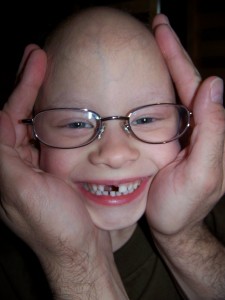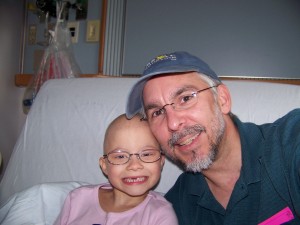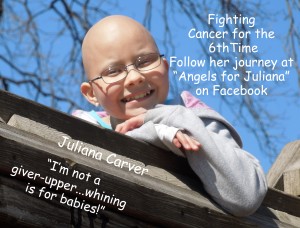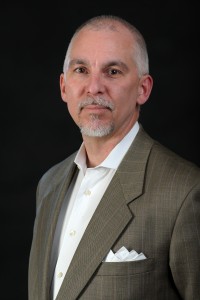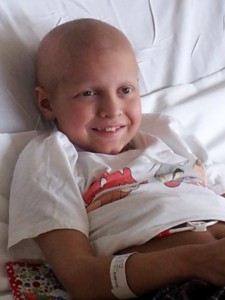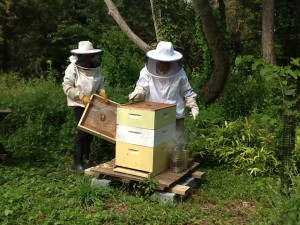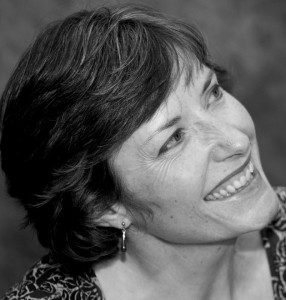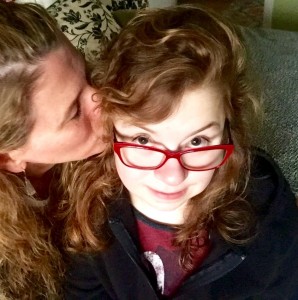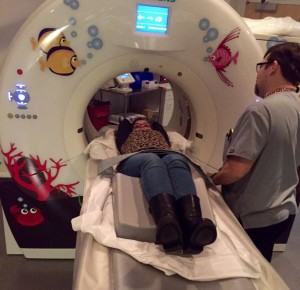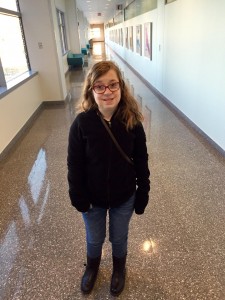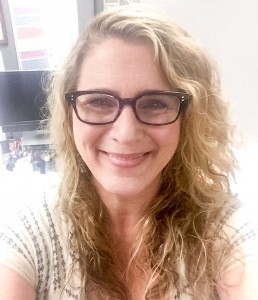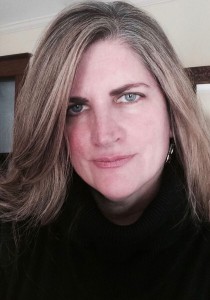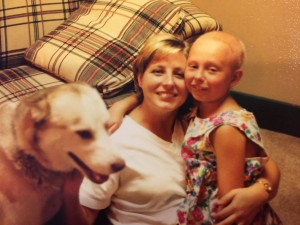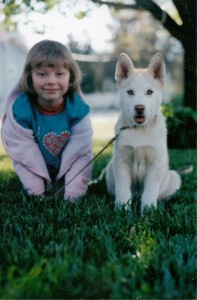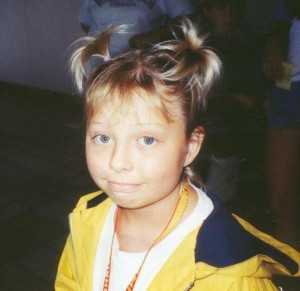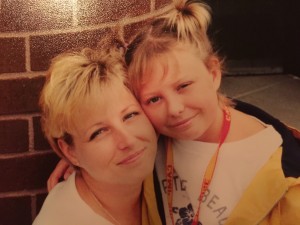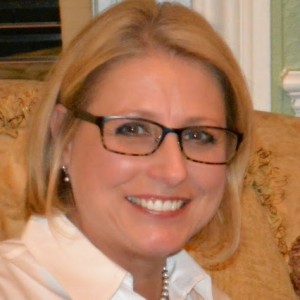 Over the past 30 years, the work of Elizabeth Kubler Ross and the Five Stages of Grief have been widely misunderstood and misapplied. Her five stages outlined as denial, anger, bargaining, depression and acceptance are often interpreted as benchmarks we need to “work through,” hurdles to clear, or goals to accomplish. Sadly this goal-oriented approach has caused many people to believe they can measure their “progress” through grief while undergoing the painful ups and downs of raw emotions. But too often, these expectations lead to guilt and shame if that “progress” fails us somehow.
Over the past 30 years, the work of Elizabeth Kubler Ross and the Five Stages of Grief have been widely misunderstood and misapplied. Her five stages outlined as denial, anger, bargaining, depression and acceptance are often interpreted as benchmarks we need to “work through,” hurdles to clear, or goals to accomplish. Sadly this goal-oriented approach has caused many people to believe they can measure their “progress” through grief while undergoing the painful ups and downs of raw emotions. But too often, these expectations lead to guilt and shame if that “progress” fails us somehow.
As if grief itself wasn’t difficult enough, many people have actually judged themselves for not going through their grief the “right” way. And worse, many people have mistakenly believed that if they successfully” worked through” all five stages, then they should have “gotten over” their grief. But the truth is, we never completely “get over” grief, even though we do somehow learn to live with loss.
In short, grief is a very unique and individual experience. Some of us might stay in denial for 10 years as we plow through one crisis after another, and find out later that we are going through the “old” anger or depression from a loss decades ago. And this is okay—the way it has worked best for our life’s circumstances. Should we judge ourselves for not being able to grieve the “right” way just because we aren’t ready to face the powerful emotions of this process?
In my work as a rehabilitation counselor for 20 years, I particularly remember one person, Alice, in 1994 who taught me a profound lesson about grief and death. Oddly enough, I learned the most about grief from a 65 year old dying woman who had no time left for grieving. Indeed, Alice was given two months to live after a huge fast-growing tumor was found right next to her heart. I was her counselor at a hospital, and it was my job to somehow (according to the request of her physicians) help her with her “anticipatory grief.” Her daughter was already grieving, and welcomed my offers of comfort and acknowledgement of her mother’s horrific situation. But Alice’s daughter warned me, “She’s not facing it, she is totally refusing to face it.”
When I stepped into Alice’s room to say hello and introduce my services as a counselor, Alice snapped, “Don’t you dare talk to me about (she hissed sarcastically) my feelings—I just want to have a few good weeks—so don’t spoil it. In fact, you can just forget about me unless you can make me laugh or keep me entertained! That’s all I want.”
I was blown away, but I wore my professional smile and empathically nodded. Of course, inside my calculating brain I was “diagnosing” her stage of grief as denial bordering on anger. Yes, sure, I could just humor her and play the game, so she could get to trust me, but hopefully, at some point, I could help her “grief process.”
Over the next few days, with the help of a chaplain who played a guitar and sang folk songs, I joined in the singing and clapping and observed Alice fully engaged and “entertained.” Her daughter hovered around the bed, pretending to be happy with the chaplain, looking back at me for signs of “Now it’s time for you to talk to my mother…” But I never did that “talk” with her. Instead, we laughed, sang, got goofy, watched stupid reality shows, swooned over David Duchovny on the X-Files, ate ice cream, painted toe nails, read Peanuts comics. Alice died just one hour after her last X-Files episode.
I was shocked, but I marveled at Alice’s amazing sense of what she needed before she died. I believe Alice knew, deep down in her bones, and in her soul, that her time left on earth was utterly too short to do any “grieving.” I was amazed at Alice’s strength and certainty that she must “entertain” herself right up to her last breath. I am so glad I listened to her, and followed her lead to do the “right” thing by her standards! Fortunately, her daughter was also heartened that her mother was comfortable, and had a voice in her care for her final weeks. And to be honest, to this day, when I am with any other person facing grief or destruction, devastation, or death, I let them show me how to join them in their own way of coping.
We all have a unique, personal wisdom that guides us, often coming from our body sense, our gut, our instincts. The five stages of grief might not apply to someone with just a few weeks left to live. The five stages of grief might not apply to a 10 year old who lost his father after losing his friend a month before that. Or to a 30 year old woman raising two kids on her own with three jobs. We all go through the stages unevenly, and not even in the “right” order. It might be denial, then depression, then anger and not reaching acceptance for three decades. But all the while, every day we are handling each curve ball of unpredictable life events coming our way, in our own way.
Thank you, Alice, for teaching me to step into the present moment, out of my expectations of your grieving process, to the realities of your grief without time to grieve. Yes, Alice, you “worked through” your denial stage very brilliantly. Denial is a beautiful thing, I’ve discovered, and if I ever have to leave my life as quickly as you did, I hope I can enjoy it as much.
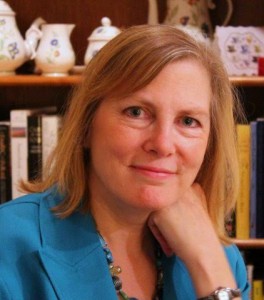 Val Walker, MS, is the author of The Art of Comforting: What to Say and Do for People in Distress(Penguin, 2010), and a Nautilus Book Award Gold Medalist in 2011. The Art of Comforting was listed as recommended reading by the Boston Public Health Commission’s Guide for Survivors of the Marathon Bombing. Val’s articles have appeared in Whole Living Magazine, AARP Bulletin, Coping with Cancer Magazine, and other national publications. Formerly a rehabilitation counselor, she now works as an activities specialist leading groups for seniors with Alzheimer’s, and other groups with disabilities. To learn more about Val you can visit her website,The Art of Comforting.
Val Walker, MS, is the author of The Art of Comforting: What to Say and Do for People in Distress(Penguin, 2010), and a Nautilus Book Award Gold Medalist in 2011. The Art of Comforting was listed as recommended reading by the Boston Public Health Commission’s Guide for Survivors of the Marathon Bombing. Val’s articles have appeared in Whole Living Magazine, AARP Bulletin, Coping with Cancer Magazine, and other national publications. Formerly a rehabilitation counselor, she now works as an activities specialist leading groups for seniors with Alzheimer’s, and other groups with disabilities. To learn more about Val you can visit her website,The Art of Comforting.



